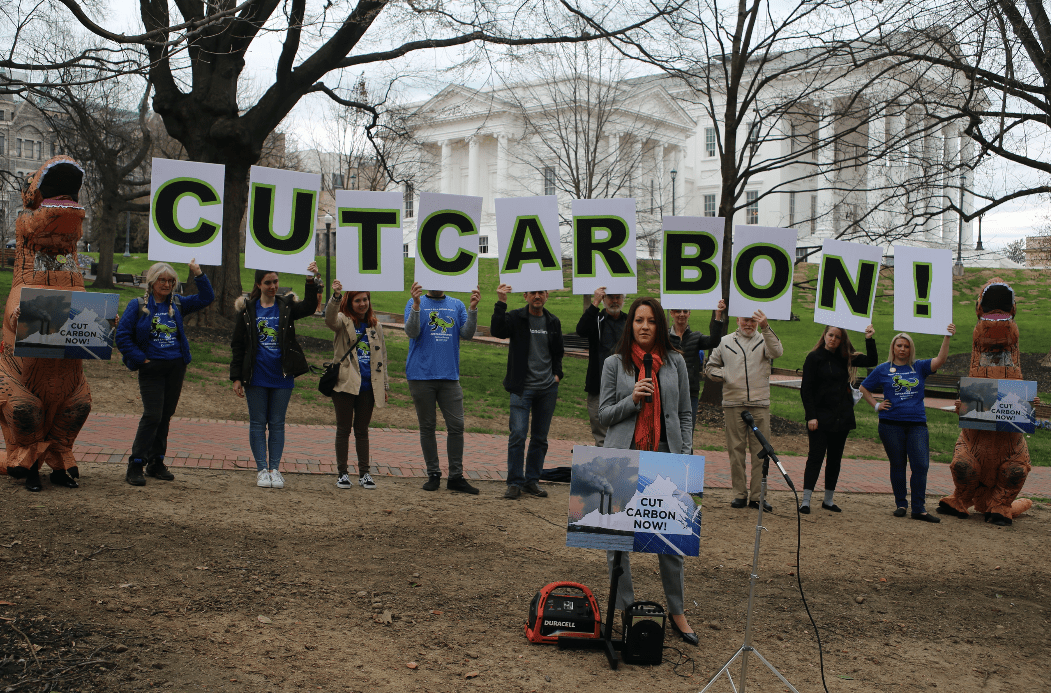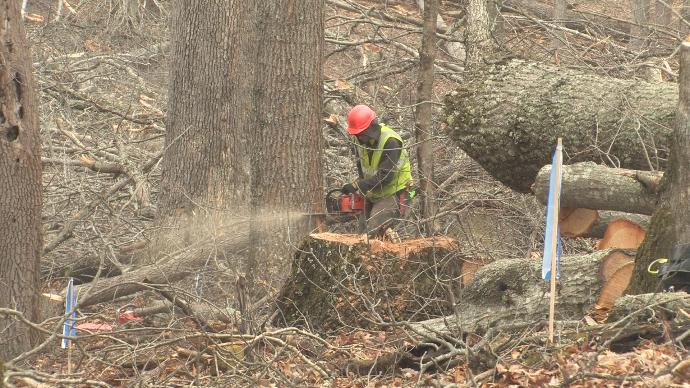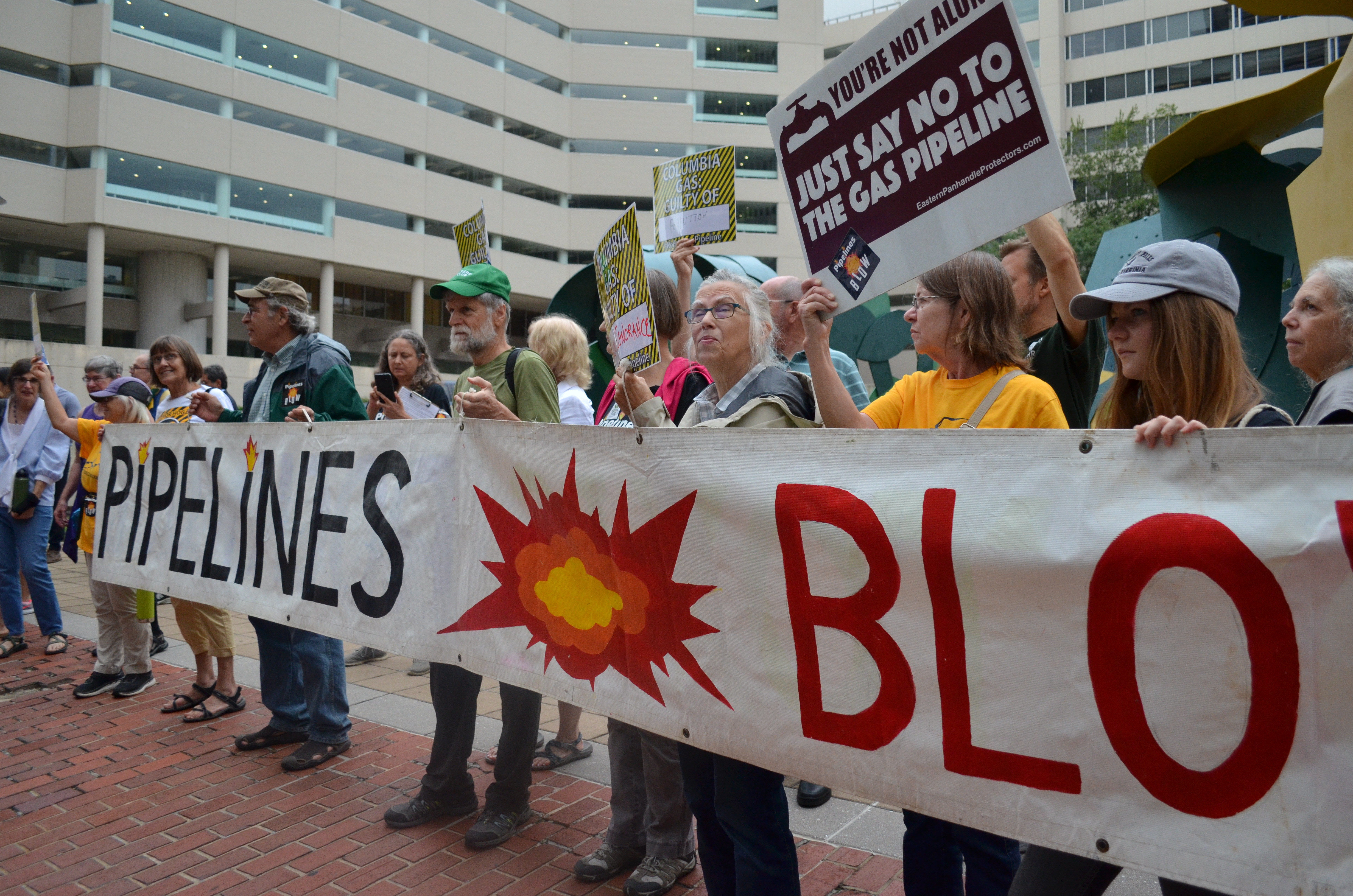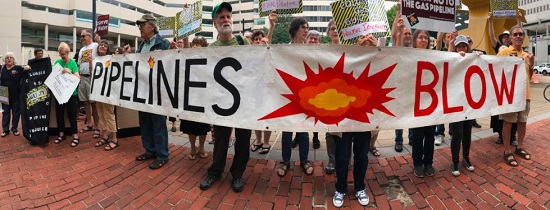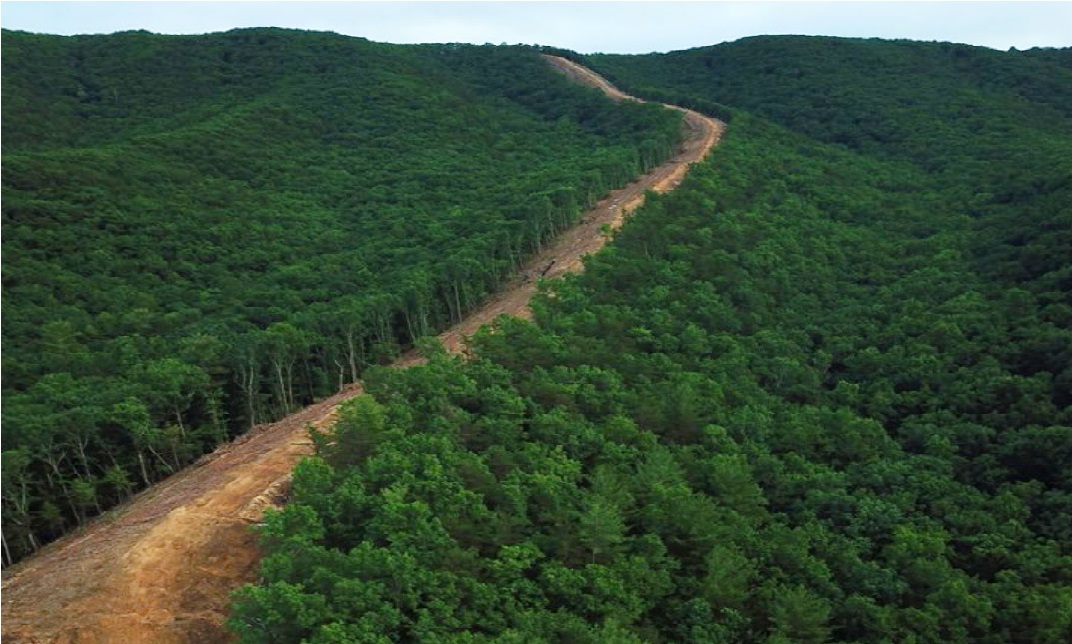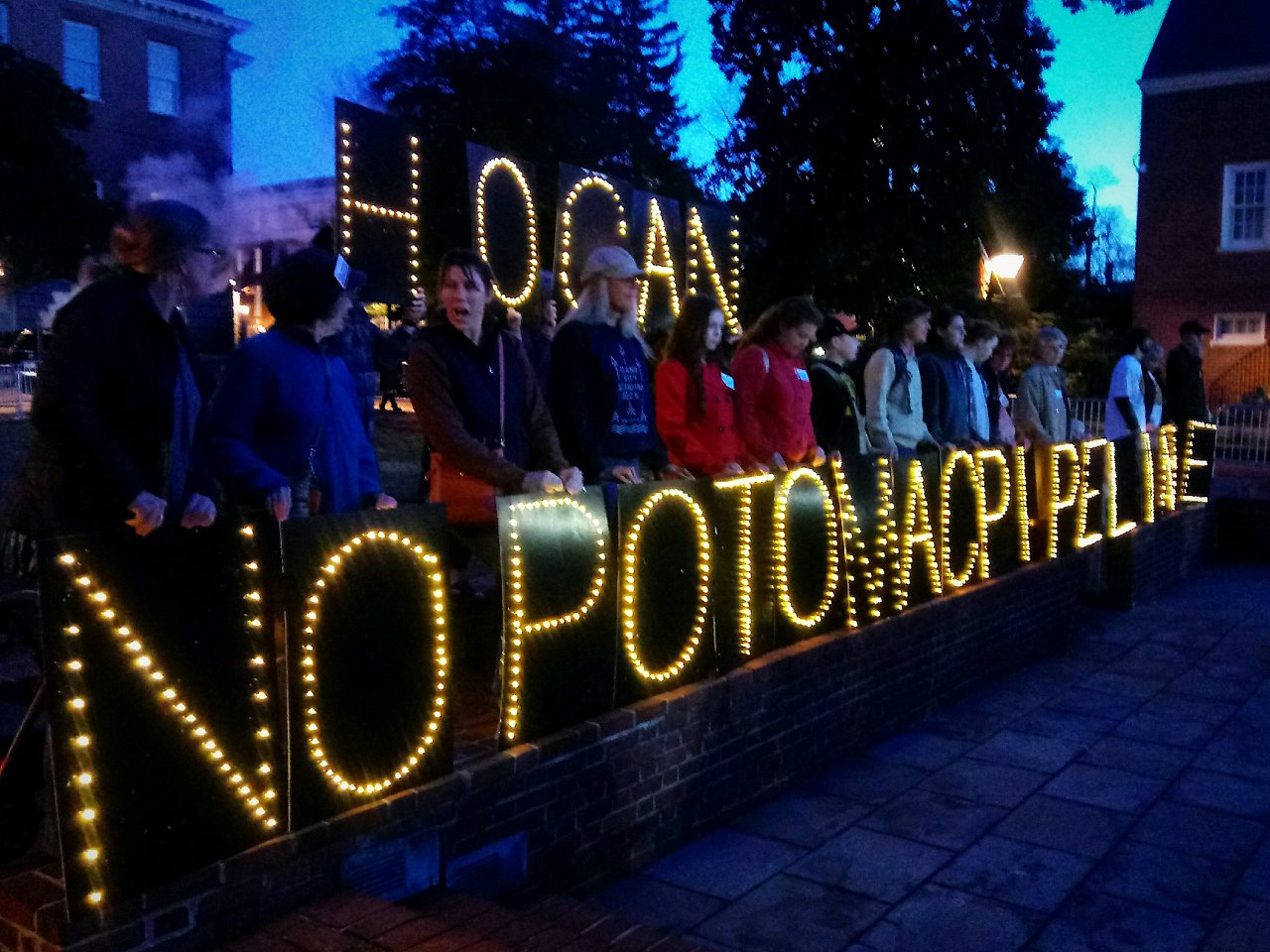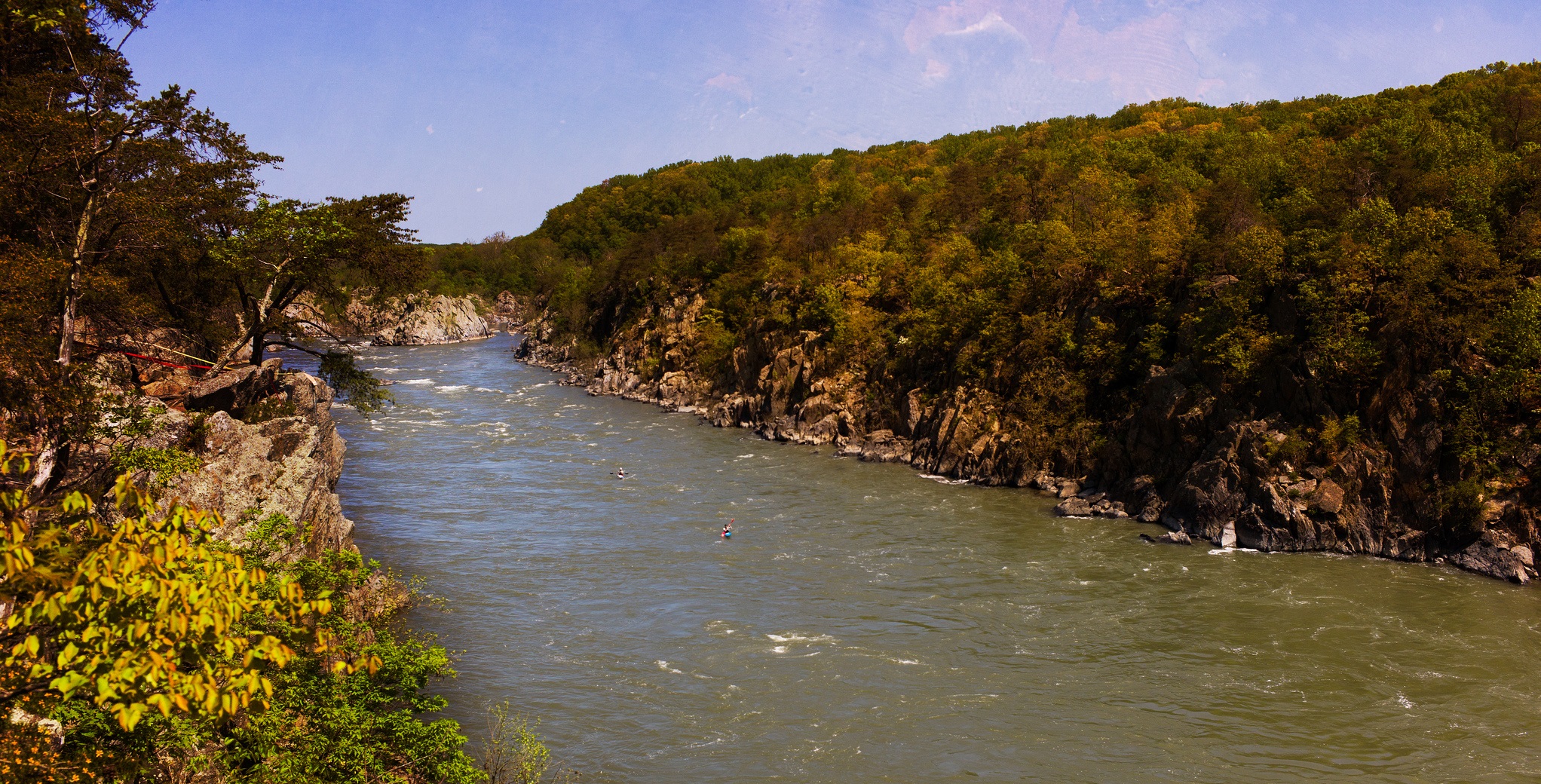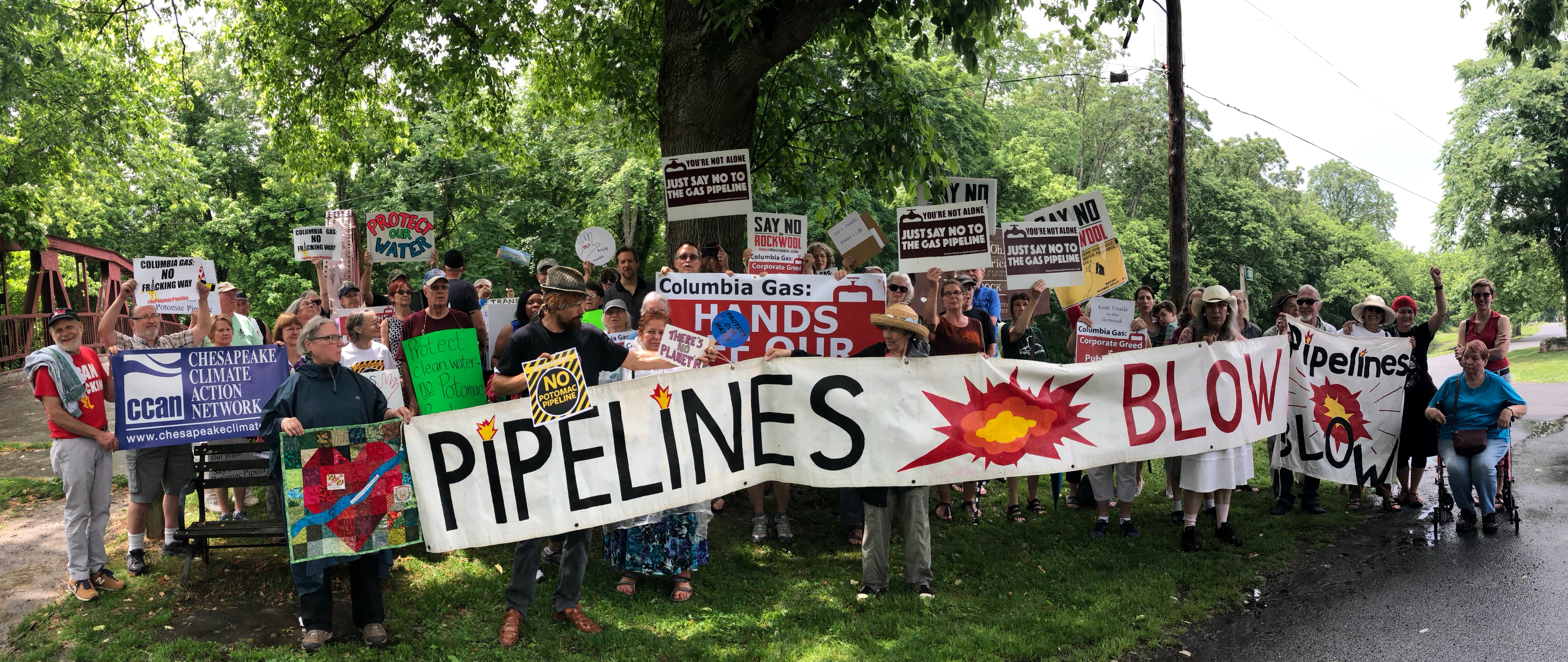CONTACT:
Denise Robbins, Communications Director, Chesapeake Climate Action Network, 240-630-1889, denise@chesapeakeclimate.org
Fritz Schneider, Director of Communications, Potomac Riverkeeper Network, 301.728.4811, fritz@prknetwork.org
BALTIMORE, MD — Today, in a victory for environmentalists and concerned Maryland residents, the U.S. District Court for the District of Maryland rejected Columbia Gas’ effort to force a fracked-gas pipeline underneath Maryland public lands. In January, Governor Hogan and the Maryland Board of Public Works unanimously rejected a right-of-way easement for what is known as the “Potomac Pipeline” project underneath the Western Maryland Rail/Trail. Columbia Gas Transmission, which is owned by TransCanada Corp., filed its lawsuit in May to seize this land through eminent domain. This attempt by a private corporation to take public land through eminent domain is unprecedented in Maryland.
Representatives of top Maryland environmental groups responded:
Kirsten Collings, Deputy Director of the Chesapeake Climate Action Network:
“Today, justice prevailed. Fossil fuel companies have acted as if they are above the law for too long. Columbia Gas wants to trample over states’ rights and steal our precious public land, all for a dangerous pipeline that we don’t even need. This would have set a dangerous precedent in Maryland. Our state decisionmakers have the right to protect our communities — to do so is a cornerstone of our democracy.”
Brent Walls, Upper Potomac Riverkeeper:
“This attempt by Columbia Gas was nothing more than a heavy-handed ploy to take public land owned by and for the benefit of all Marylanders, just so that it could build a risky pipeline which no one needs that, would threaten the source of drinking water for millions, and provides no benefit at all to the citizens of Maryland.
“All of us who are aware of the dangers to water and a way of life posed by the pipeline sincerely hope that this ruling is the end of the matter. We don’t need or want this pipeline and the risk of construction and operation would be simply too great.”
Patrick Grenter, Senior Campaign Representative for Sierra Club:
“Today’s ruling is a victory for the state of Maryland, the environment, and all those who get drinking water from the Potomac River. After 2 years of continued opposition from the public and elected officials, and now a US District Court, we hope Columbia Gas finally understands that there is no place in Maryland for this dirty, dangerous fracked gas pipeline.”
Additional Information:
The decision comes after the Office of the Attorney General, representing the Department of Natural Resources, responded to Columbia Gas’ motion for a preliminary injunction, opposing the injunction and filing its own motion to dismiss the case. The State argued that “the pipeline project directly contravenes not only the State’s sovereignty, but also the State’s energy policy” and asked the federal court to dismiss the case.
In June, 62 Maryland legislators released a letter publicly opposing Columbia Gas’ attempt to force through the pipeline. The legislators also declared their support for the Department of Natural Resources’ defense against this lawsuit.
This pipeline has faced two years of public opposition from the public, grassroots groups, and legislators representing Maryland, West Virginia, and DC. In December 2018, 63 Maryland legislators called on Governor Hogan, Treasurer Nancy Kopp, and Comptroller Peter Franchot to reject the easement to build underneath the Rail/Trail. Dozens of activists also rallied at the Western Maryland Rail/Trail in Hancock on May 30th after the Columbia Gas filed the complaint.
Surface and groundwater, including drinking water sources, can suffer long-term harm during the construction of fracked-gas pipelines. A drilling blowout can release toxic drilling fluids into the soil and adjacent waters and construction can alter routes and rates of water flow. Once in operation, gas pipelines continue to pose contamination dangers. Pipeline leaks and failures can release methane, an explosive safety hazard and a potent greenhouse gas.
###
About the Sierra Club:
The Sierra Club is America’s largest and most influential grassroots environmental organization, with more than 3 million members and supporters. In addition to helping people from all backgrounds explore nature and our outdoor heritage, the Sierra Club works to promote clean energy, safeguard the health of our communities, protect wildlife, and preserve our remaining wild places through grassroots activism, public education, lobbying, and legal action. For more information, visit www.sierraclub.org.
About Chesapeake Climate Action Network:
The Chesapeake Climate Action Network is the oldest and largest grassroots organization dedicated exclusively to raising awareness about the impacts and solutions associated with global warming in the Chesapeake Bay region. For 16 years, CCAN has been at the center of the fight for clean energy and wise climate policy in Maryland, Virginia, and Washington, D.C. For more information, visit www.chesapeakeclimate.org
About the Potomac Riverkeeper Network:
Potomac Riverkeeper Network is a registered 501(c)3 non-profit organization with three regional Waterkeeper branches: Potomac Riverkeeper, Upper Potomac Riverkeeper and Shenandoah Riverkeeper. Our mission is to protect the public’s right to clean water in our rivers and streams. We stop pollution to promote safe drinking water, protect healthy habitats, and enhance public use and enjoyment. For more information, visit http://www.potomacriverkeepernetwork.org.

